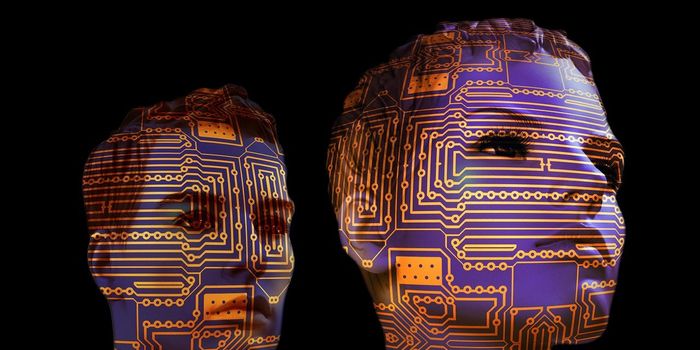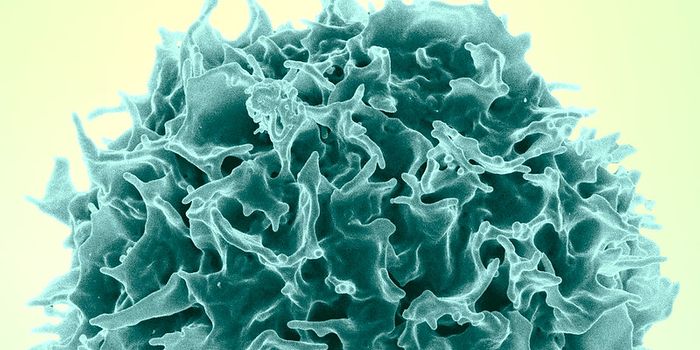Forget counting years and birthdays. Researchers find that to accurately know how old you are biologically, look no further than the biomarkers in your blood.
For years, we’ve been taught to put more emphasis on our chronological age. Doctors and health experts make recommendations for foods, drugs, activities based on chronological age since birth. For example, parents are told not to feed their baby cow’s milk until 12 months of age; in some states, booster seats are required for children 8 years or younger. The list of health rules based on our age continues. But perhaps chronological age isn’t the only way to tell how old your body is. Furthermore, it may not be the most accurate way to understand aging.
To study molecular aging and discover biomarkers that can reveal a body’s age, researchers at the Boston University School of Medicine collected blood from over 4,700 people over an 8-year study. From these samples the team analyzed 19 biomarkers, which are small chemicals in the blood. These biomarkers were involved in a host of bodily functions, including immune system processes, kidney function, and lipid metabolism. After the biomarker signatures were compiled, the team compared these to the occurrence of diseases and the participants’ health.
Analysis revealed 26 biomarker signatures, with “signature 1” deemed as the reference point. By comparison, “signature 2 was associated with significantly lower mortality, morbidity, and better physical function,” the team wrote in their report. Another 9 signatures were associated with “higher risks for frailty, morbidity, and mortality.”
"These signatures depict differences in how people age, and they show promise in predicting healthy aging, changes in cognitive and physical function, survival and age-related diseases such as heart disease, stroke, type 2 diabetes and cancer," the team concluded in their study.
The molecular profiles have big potentials, according to the researchers. For instance, they imagine that the signatures could be used to predict how patients will respond to drugs. In this way, drug trials may build in different screening criteria to select the appropriate patients for the trials.
Better still, the molecular signatures could give a glimpse into the patient’s medical future and their predisposition for age-related conditions. This combined with genetic sequencing could provide physicians with an unprecedented dearth of information from which to guide their treatment plans for patients.
"We can now detect and measure thousands of biomarkers from a small amount of blood, with the idea of eventually being able to predict who is at risk of a wide range of diseases, long before any clinical signs become apparent," said Thomas Perls, the study’s senior author.
As promising as the results are, they still need to be replicated and further validated before hard conclusions can be drawn. Nevertheless, the results open an additional avenue, besides genetic sequencing, from which we can learn about our health predispositions.
Additional sources: Live Science









